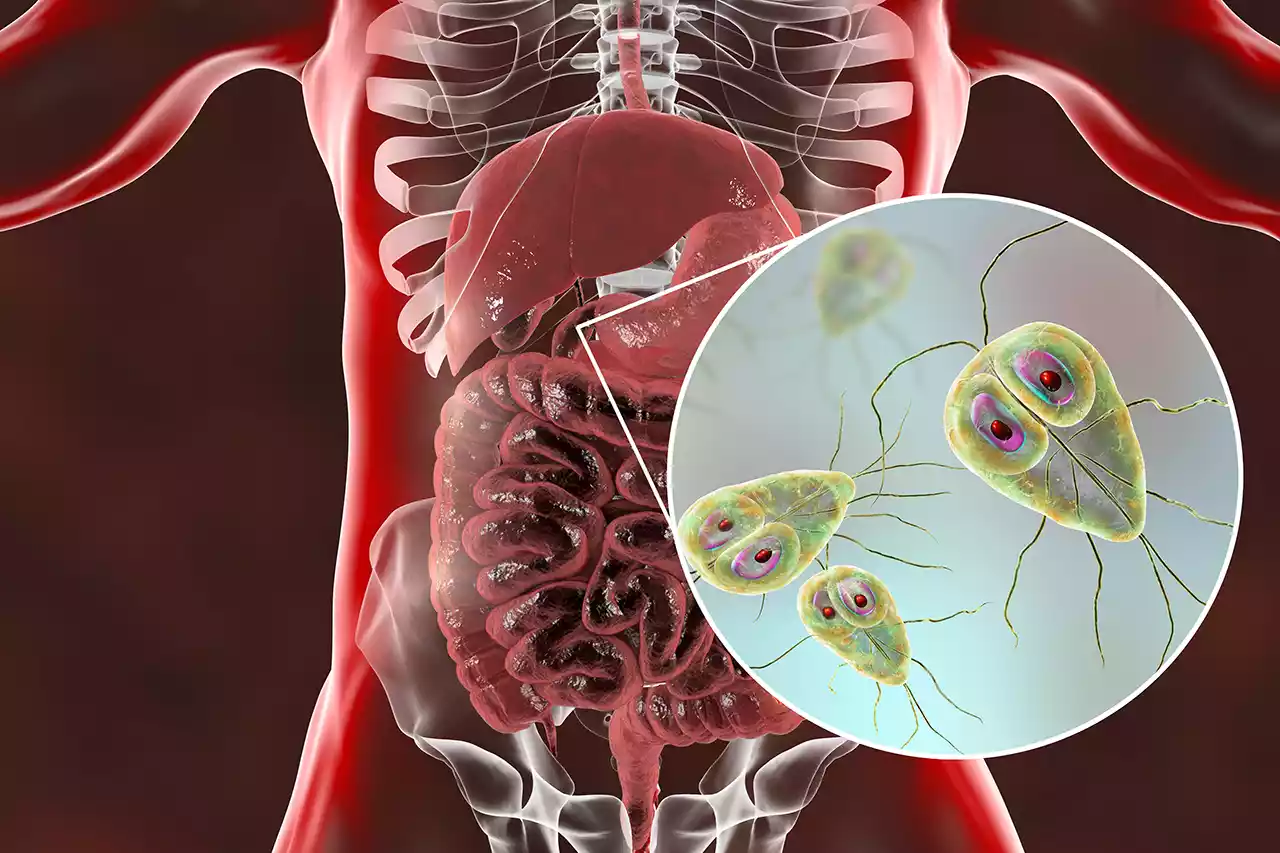Parasitic worms, also known as helminths, are a significant health issue affecting millions of people worldwide. These worms invade the gastrointestinal tract, specifically the stomach and intestines, causing various symptoms. The most common types of parasitic worms that infect humans include roundworms, tapeworms, hookworms, and pinworms. Each type can lead to a wide range of health complications if left untreated. One of the most effective treatments for parasitic worm infections is Albendazole, a well-known antiparasitic medication. This article explores the symptoms of stomach parasitic worms and how Albendazole plays a crucial role in their treatment.
Symptoms of Stomach Parasitic Worms
Abdominal Pain and Discomfort
One of the most common symptoms of stomach parasitic worm infections is persistent abdominal pain. This discomfort often results from the worms residing in the intestines, where they can cause inflammation and irritation. The pain may be dull or sharp, and in some cases, it is accompanied by bloating and a sensation of fullness.
Nausea and Vomiting Infected
individuals may experience nausea, sometimes followed by vomiting, as their bodies react to the presence of worms. This symptom is more pronounced in severe cases or when the worms block parts of the digestive tract, leading to digestive issues.
Diarrhea or Constipation
Digestive disruptions are common with parasitic worm infections. Some individuals may suffer from frequent diarrhea, which can lead to dehydration if left unmanaged. Others may experience constipation as the worms obstruct the normal passage of stool.
Unexplained Weight Loss
As parasitic worms feed on the nutrients from the host’s digestive system, infected individuals often experience unexplained weight loss despite maintaining a normal or even increased appetite. This occurs because the worms absorb essential nutrients, leaving the host malnourished.
Fatigue and Weakness
Chronic fatigue and weakness are common in individuals suffering from parasitic infections, mainly due to the body’s inability to absorb vital nutrients. Anemia is another associated condition, especially in cases of hookworm infections, where the worms cause blood loss.
Itching Around the Anus
In the case of pinworm infections, intense itching around the anus is a typical symptom, particularly at night when the female worms lay eggs in the perianal region. This itching can cause disturbed sleep and secondary infections due to scratching.
Visible Worms in Stool
In severe cases, parasitic worms or their segments may become visible in the stool. This is particularly true for tapeworm and roundworm infections, where parts of the worm may pass through the digestive tract.
Loss of Appetite
While some people experience increased hunger, others may suffer from a complete loss of appetite, which can further contribute to weight loss and malnutrition. This symptom often results from nausea and the discomfort caused by the worms.
Nutritional Deficiencies
The inability to absorb nutrients due to the presence of worms can lead to deficiencies in vitamins and minerals, particularly iron, vitamin B12, and folic acid. This can manifest as brittle hair, pale skin, and generalized weakness.
Treatment with Albendazole
Buy Albendazole is one of the most effective medications used to treat various parasitic worm infections. It is a broad-spectrum antiparasitic drug that works by inhibiting the worms’ ability to absorb glucose, effectively starving them and causing their eventual death. The medication is commonly used to treat infections caused by roundworms, tapeworms, and hookworms.
How Albendazole Works
Albendazole targets the metabolic pathways of parasitic worms by blocking their uptake of glucose, a critical source of energy. Without glucose, the worms are unable to survive, and they eventually die off. The dead worms are then passed out of the body through the stool.
Dosage and Administration
Albendazole is typically administered as a single dose for mild infections, though more severe cases may require longer treatment durations. The standard dose for adults is 400 mg, but in certain situations, higher doses may be prescribed by a healthcare professional. In the case of persistent or recurring infections, multiple doses may be recommended over a period of days.
Safety and Side Effects
Albendazole is generally well-tolerated, but some individuals may experience mild side effects, including nausea, headache, dizziness, and abdominal pain. These side effects are usually temporary and subside after the course of treatment. In rare cases, more serious side effects such as liver enzyme abnormalities or allergic reactions may occur, making it essential for individuals to follow their healthcare provider’s guidance.
Albendazole for Preventive Treatment
In some regions where parasitic infections are endemic, Albendazole is used preventively in mass drug administration programs. These programs aim to reduce the prevalence of parasitic infections by regularly deworming at-risk populations, particularly children, who are most vulnerable to these infections.
Conclusion
Parasitic worm infections are a significant health concern, especially in regions with poor sanitation. Recognizing the symptoms of a parasitic worm infection is crucial for early diagnosis and treatment. Albendazole plays a vital role in treating and controlling these infections due to its broad-spectrum antiparasitic action. By killing the worms and expelling them from the body, Albendazole helps alleviate symptoms and restore nutritional balance in affected individuals.










